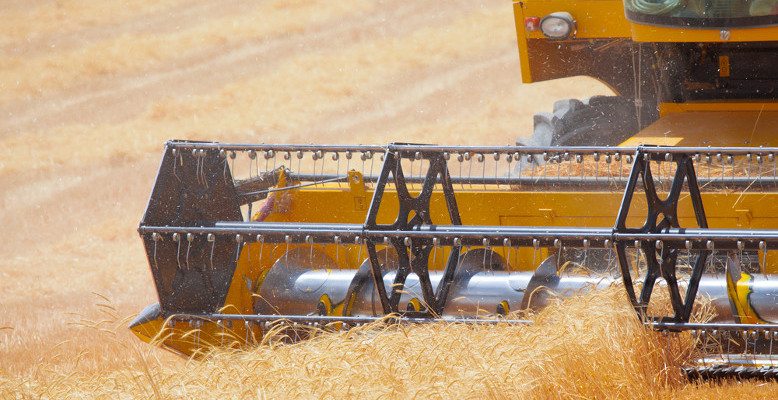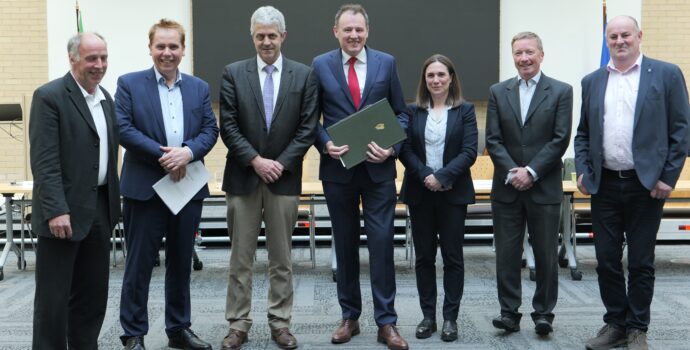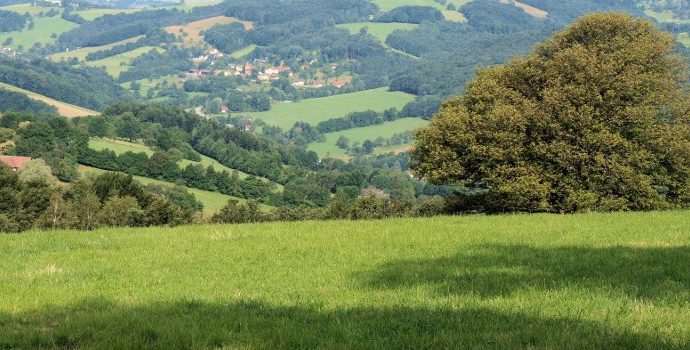Eu Set to Approve Funding for Tams Scheme for Tillage Farmers – Dunne

IFA National Grain Committee Chairman Liam Dunne has said that the EU Commission is set to approve funding for a TAMS scheme for investment in grain storage and precision and low impact tillage equipment by arable crop farmers.
Amendments to Ireland’s Rural Development programme have been submitted by the Department to the Commission following lobbying by IFA.
While welcoming the positive news, Mr Dunne said, “Poor world grain prices have decimated growers’ margins over the last three years. Minister Coveney must ensure the speedy opening of the scheme as grant-aided investment is critical in helping growers to restore competitiveness while reducing the sector’s carbon and environmental footprint.
“Growers supply quality grain, oilseeds and proteins for use in Ireland’s livestock, milling, malting, brewing and distilling industries. Our tillage farmers are world-class operators but they work in a very challenging environment, competing against world prices. They have to contend with extreme price and income volatility in addition to the vagaries of the Irish weather. Targeted funding is a must to maintain competitiveness and facilitate further expansion of arable crop production. This will support the growth of Ireland’s rapidly expanding dairy, whiskey and gluten free oats export orientated businesses. Increased farm-to-farm trade coupled with the use of technology will also allow grain farmers to reduce agriculture’s carbon and environmental footprint.
“The tillage sector has the potential to contribute significantly to reducing Ireland’s carbon emissions through precision farming and the supply of biomass crop residues. IFA is currently involved in bringing two major biomass projects to fruition. One, the Biotricity CHP plant in Rhode and the second, with CPL biomass briquetting plant in Foynes for the manufacture of smokeless fuels. Each project is looking to source 100,000t of straw/crop residues per annum. New technologies allowing for the incorporation up to 50% biomass in the manufacture of smokeless fuels will go a long way towards addressing carbon emissions from the residential home heat market. The resulting bi-product biochar which is a proven soil conditioner is currently being examined as a viable option for carbon sequestration.”
Concluding, the IFA Grain Chairman stated that, “It is vital that the investment scheme is opened as soon as possible. There is considerable scope for expansion of the sector. However, this expansion will depend on increased productivity and profitability through reducing input use and crop establishment costs.”




